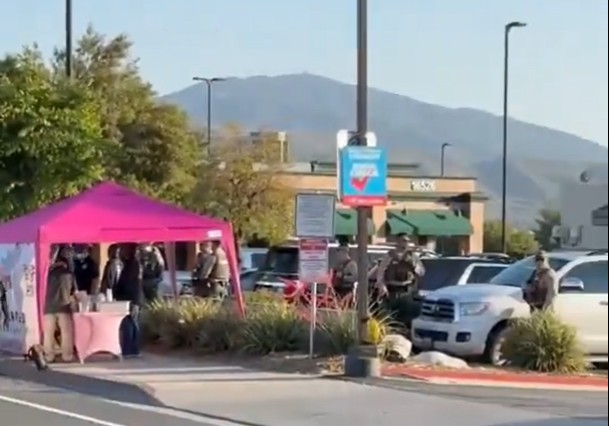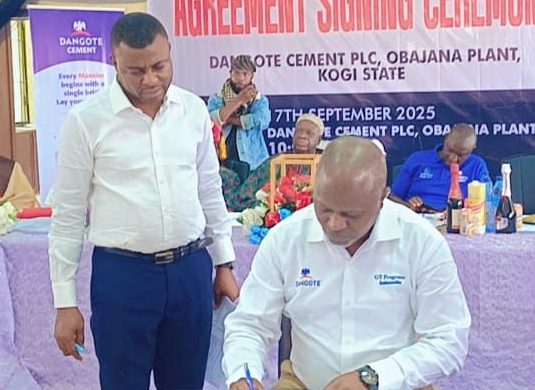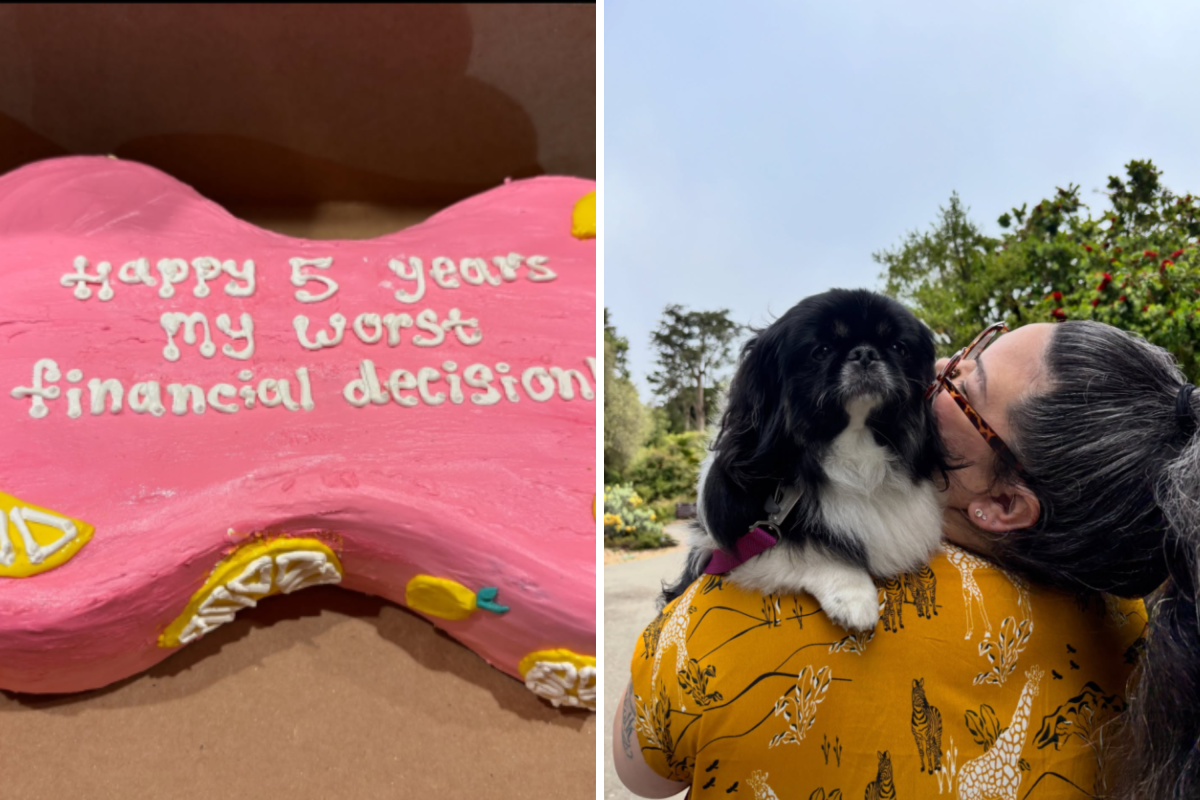
A 5th District Los Angeles County official encouraged Castaic and Val Verde residents to share their displeasure with the rest of the Board of Supervisors, and the state Legislature, after hearing frustration about street vending Wednesday from the Castaic Area Town Council.
Stephanie English, senior field deputy for Supervisor Kathryn Barger, was addressing concerns over reports the previous week that the L.A. County Department of Public Health “has ceased investigating or enforcing any food vending at all.”
While county officials said at a previous community meeting in March that state laws have become “extremely restrictive” on what enforcement measures can be taken when violations in street vending occur, due to Senate Bill 946, the Safe Sidewalk Vending Act.
However, in response to the outcry in Castaic, where the town’s proximity to Interstate 5 makes it particularly friendly to mobile vending, county officials told the community in March they would do what they could to enforce the law.
Then last week, in response to questions from The Signal, the county Public Health Department confirmed it had paused the inspections due to safety concerns, which several members of the town council criticized.
“You know, I’m hearing, ‘Since it’s hard, we’re not going to do it,’” said Michael Minor, a member of the town council who represents Hasley, Sloan and Romero canyons, along with Daniel Polo, who also shared concerns he’s heard.
In the background of the audio for the virtual meeting, a voice from English’s line can be heard asking for a chance to explain, “because they need to know what we’re talking about,” but the person is not identified, and the context is not given.
But English said she agreed with their concerns.
“It’s, for me, it’s a little bit less about the enforcement piece, and more about the lack of wanting to go out and enforce. Now, I do understand that there are … some reasonable concerns about safety, but that is why, prior to federal immigration enforcement, that is why we always went out with the Sheriff’s Department,” she said.
“So I concur with you, the supervisor has met with the Department of Public Health and advocated for more enforcement, but again, one vote on the board is not going to get what we want. So I would encourage you all to communicate with your state legislative representatives about the unintended consequences of these laws.”
Both state lawmakers whose districts include the majority of the Santa Clarita Valley indicated they were meeting with local businesses to try to work on reforms.
English also tried to explain the safety concerns, sharing her experience from a previous street-vending operation in Castaic, where she has seen what she described previously as a cartel-like operation.
“The other thing that’s really challenging, Daniel, and this is very tragic and sad, is there’s a lot of human trafficking involved in this industry,” English said.
“When I went out, we were down on Castaic Road with the Sheriff’s Department and Public Health and Public Works and without … asking these people, it did appear that there was kind of a, if I could say it this way, a ‘mob boss’ standing by, and some ‘worker bees’ that were not, you know, were not English-speaking, doesn’t mean they aren’t legal, but they look like worker bees.”
The “worker bees” often said they were either homeless or didn’t know their address when questioned, she said.
The situation means many run from the inspectors, few cooperate, and when they are cited, there’s little repercussion for the misdemeanor, she said.
Chris Dittes, who represents Castaic east of I-5 and north of Lake Hughes Road and a few other neighborhoods, asked if there’s a known criminal enterprise, why isn’t it being targeted, and why is enforcement so much more effective in smaller cities and townships.
English said the necessary resources to stop all the street sales are a real challenge, particularly when you look at an area as broad as the county’s 86 cities, excluding Long Beach and Pasadena, which have their own health departments.
Council President Bob Lewis said the neighboring city of Santa Clarita’s effectiveness in reducing illegal street vending has to do with a much smaller 96-square-mile coverage area and more proactive measures. He also said when the enforcement actions were being taken in the unincorporated areas, he noticed a difference in the volume of street vending.
English said law enforcement agencies are working to target the “cartel,” but that’s also a challenge.
“They’re trying to get to the root cause,” English said. “But the warehouses are also a whack-a-mole type process. They move if they get shut down — which takes a lot of enforcement effort. If we can shut them down, which we do, they move to other locations.”
Ultimately, she said, “Our hands are tied.”
“We don’t have the support from the full board, and we don’t have the support from the state,” English told the Castaic Area Town Council. “So again, with great respect for what was intended and not to punt away, but the state Legislature is the place to start to deal with these unintended consequences.”
Sen. Suzette Martinez Valladares, R-Acton, expressed frustration with SB 946, which passed in 2018, in an email Thursday from Ashley Giovannettone, communications director for Martinez Valladares.
“I actually started conversations with the L.A. Restaurant Association about this late last year, and at my business roundtable in Agua Dulce a restaurant owner raised it, too. I’ve also heard the same complaints from Antelope Valley restaurant owners,” she wrote. “It’s a public health and fairness issue for businesses that follow the law, and I too have heard concerns about ties to human trafficking. I’m planning to dig in more with stakeholders, and I’d be on board 100% with reforms.”
Assemblywoman Pilar Schiavo, D-Chatsworth, called for “some common-sense guardrails we can agree on to give additional enforcement tools for the county to carry out its work,” in a text message she sent Thursday.
“Earlier this year, I brought together businesses and chambers in our community impacted by street vendors not playing by the rules or following health and safety guidelines,” she added. “With the deadline for introducing legislation already passed, I committed to working together this fall after our legislative session, which just ended. It’s critical we support our brick-and-mortar businesses that bring so much to our communities.”



